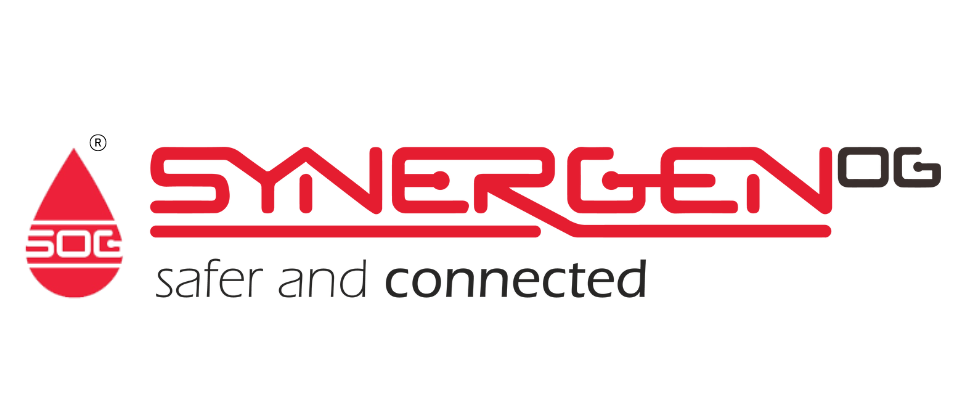In the oil and gas industry, Non-Hydrocarbon Related Hazard Assessment (NHA) is conducted to evaluate the various hazards that can occur within a facility.
The Significance of NHHA
NHHA extends safety measures to address a wide spectrum of hazards within your facility:
Comprehensive Hazard Assessment: Conducting a thorough assessment of non-hydrocarbon-related hazards leaving no potential risks unexplored.
Facility Safety: NHHA helps ensure the safety and well-being of personnel within the facility by identifying and mitigating non-hydrocarbon hazards.
Asset Protection: Beyond protecting personnel, NHHA safeguards assets and infrastructure from a variety of non-hydrocarbon threats.

